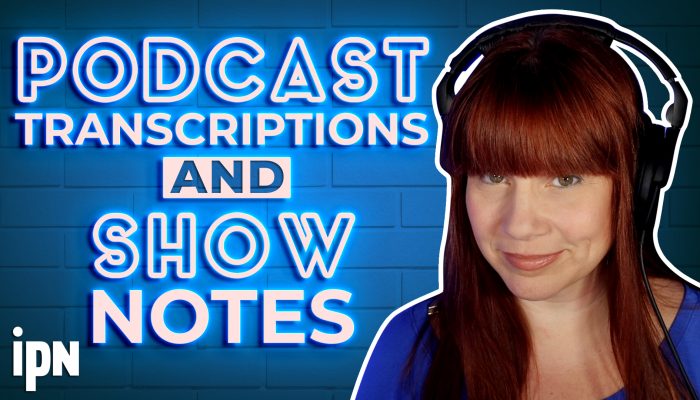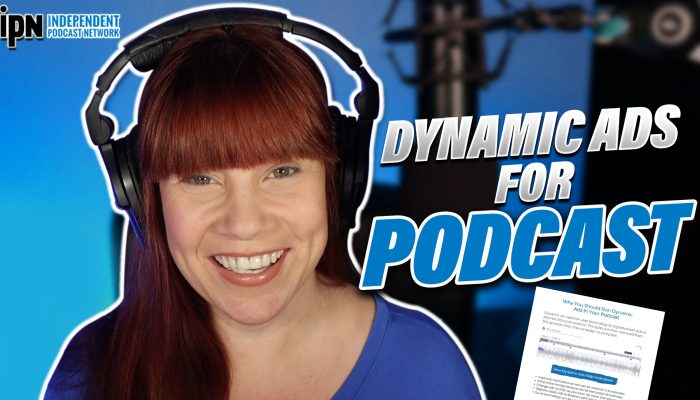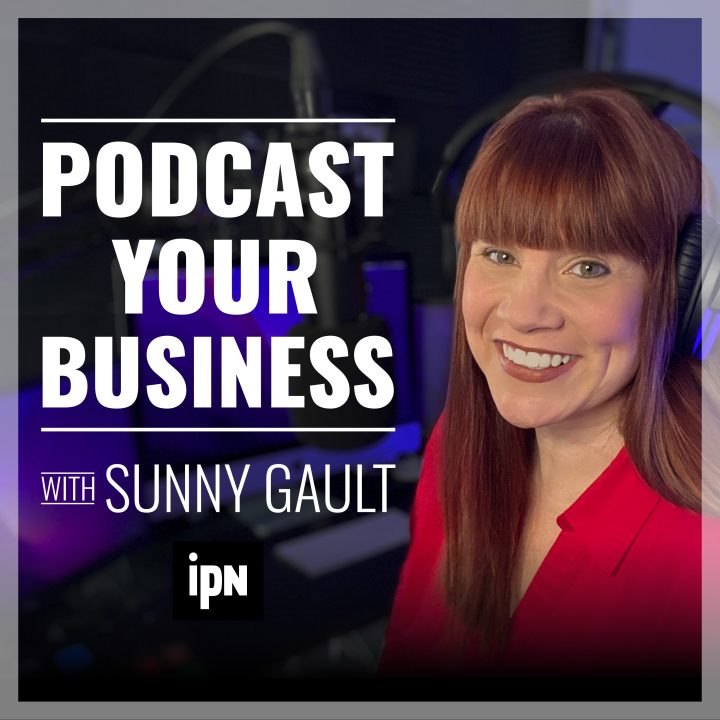
It’s no secret that running a successful podcast takes a lot of work. From outlining and recording episodes to editing and promoting your show, releasing a single episode can easily take over 30 hours of work. And if you’re trying to balance a full-time job on top of creating a podcast, you can see your time quickly whittling away. So, we’re here to help alleviate some of that pressure by giving you four key strategies to work more efficiently.
- Use Time Management Strategies
With only so many hours in a day, making the most of your time can mean the difference between a hobby and a career. Managing your time effectively all starts with setting priorities. The Eisenhower Matrix is a simple way to give your tasks priorities and make scheduling easier using four priority levels:
- Urgent and important: These are the tasks you need to do right away.
- Important, but not urgent: You can schedule these tasks for another day.
- Urgent, but not important: Delegate these tasks to an assistant.
- Neither urgent nor important: Just take these tasks off your to-do list.
Once you have your priorities straight, it’s time to turn to your calendar. But, how you schedule your tasks can make a huge impact on how efficiently you can get all of your tasks done. Here are a few tips to schedule your tasks with efficiency in mind:
- Batching: Group similar tasks together and tackle them in dedicated time blocks. For instance, record multiple episodes in one day or dedicate another day solely to editing. This reduces the mental load of switching between different types of work and increases efficiency.
- Theming Days: Assign specific days to different aspects of podcasting. For example, Monday for content planning and writing, Wednesday for recording, and Friday for editing and post-production. Knowing what each day holds can streamline your process and reduce decision fatigue.
- Leveraging Digital Tools: Utilize digital calendars like Google Calendar or project management tools like Trello or Asana. These can help you visualize your podcasting schedule, set reminders for important tasks, and track your progress.
- Streamline Your Workflows with Technology
Integrating tools to help improve your efficiency can make your workflow faster. It lets you get more done in less time. And, isn’t that all of our goals? But, that doesn’t mean you need to be a wiz on the computer. Here are a few easy ways you can start using technology and tools to streamline your workflows:
- Social Media Schedulers: Tools like Buffer, Hootsuite, or Later can automate aspects of your social media marketing, ensuring regular engagement with your audience without needing to be online constantly.
- Audio Editing Software: Use top-tier editing software that offers batch processing and presets to speed up the editing process. Learn keyboard shortcuts to edit even faster.
- Templates: Develop templates for your show notes, email updates, and social media posts. This not only maintains consistency across your brand but also saves you from starting from scratch each time.
- Communication Tools: If you work with a team, use Slack or Discord for streamlined communication. Keeping all your podcast-related discussions in one place can save you from the back-and-forth of emails.
- Cloud Storage and Collaboration: Platforms like Dropbox or Google Drive allow you to store your files in the cloud and collaborate in real-time with co-hosts or team members, regardless of location.
- Outsource Effectively
Since we already designated tasks you could outsource while figuring out your schedule, we can jump to how you can outsource effectively. Outsourcing isn’t as easy as it seems though. There’s a lot more to it than sending out an email with a list of tasks you want someone else to do. So, let’s go over a few tips to ensure a smooth outsourcing experience:
- Set Clear Expectations: When you bring someone onto your team, make sure they understand your podcast’s vision and the quality you expect. Provide detailed instructions and feedback to align their work with your standards.
- Start Small: Begin by outsourcing a single task. This allows you to get a feel for the process and build trust with your contractor before committing to a larger scope.
- Use Reputable Platforms: Platforms like Upwork, Fiverr, and SoundBetter are great for finding freelancers with the skills you need. Look for individuals with good reviews and podcast-specific experience.
- Maintain Communication: Keep the lines of communication open. Use tools like email, project management software, or messaging apps to stay in touch and address any issues promptly.
- Protect Your Work: Ensure you have agreements in place that protect your intellectual property and outline the scope of the work. This helps avoid misunderstandings and ensures everyone is on the same page.

- Leverage Your Network and Community
A strong community and a well-maintained network can give you access to shared resources, collaborative content creation, and cross-promotion to streamline your podcasting efforts. Here are a few ways you can use your network and community to work more efficiently:
- Crowdsourced Content: Encourage your audience to submit questions, topics, or personal stories relevant to your podcast’s theme. This can provide a wealth of material for future episodes and reduce your content planning time.
- User-Generated Segments: Create segments within your episodes that feature listener recordings or writings. This not only engages your audience but also fills out episode content without additional work on your part.
- Resource Sharing: Trade notes with fellow podcasters on the most efficient editing software, marketing tactics, or monetization strategies. Shared knowledge can cut down on trial-and-error time.
- Collaborative Episodes: Work with other podcasters to co-create episodes. This can halve your content production workload and introduce you to a broader audience.
Conclusion
Remember, efficiency in podcasting isn’t about cutting corners or sacrificing quality. It’s about optimizing every aspect of the production process so that when the microphone is on, and the recording light glows red, you’re free to unleash your creativity without reservation. So, take these strategies, make them your own, and watch as your podcast not only survives in the competitive landscape but thrives, resonating with an ever-growing audience.









